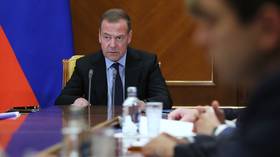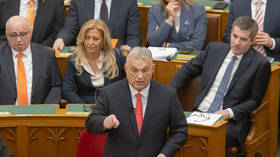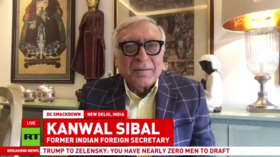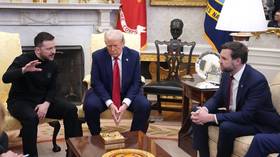UN brokers extension of Yemen ceasefire
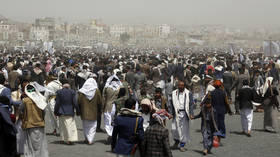
With just hours left on the clock, the Houthis and the Saudi-backed government have agreed to extend the Yemen ceasefire – which has mostly held since April – by another two months. UN special envoy Hans Grundberg announced on Tuesday that the truce was now set to expire in October. This is the longest-running ceasefire in a war that has been devastating the tip of the Arabian peninsula since 2015.
The warring parties “have agreed to extend the truce, under the same terms, for an additional two months, from 2 August 2022 until 2 October 2022,” Grundberg said.
His statement came just hours after a delegation from Oman wrapped up three days of meetings in Sanaa with Abdel-Malek al-Houthi and other leaders of the Houthi rebels, who have controlled the Yemeni capital since 2014. Grundberg singled out Oman and Saudi Arabia for their efforts to extend the ceasefire.
“The main objective of the current truce continues to be to provide tangible relief to civilians and to create a conducive environment for reaching a peaceful settlement to the conflict through a comprehensive political process,” said Grundberg.
The ceasefire was originally declared on April 2, to coincide with the Muslim holy month of Ramadan, and envisioned a halt to all offensive military operations in and around Yemen. The Saudis and their allies were supposed to unblock the port of Hodeidah, while the Houthis were to do the same to the inland city of Taiz. Both sides have accused the other of falling short of these promises, but the truce has held so far.
In addition to unblocking Taiz and Hodeidah, the extended ceasefire offers the chance to reach an agreement for “a transparent and effective disbursement mechanism for the regular payment of civil servant salaries and civilian pensions,” as well as expanding the number of flights in and out of Sanaa, Grundberg said.
According to UN estimates, around 400,000 people have died in Yemen since 2015, when the Saudi-led coalition launched an air war with the objective of restoring President Abdrabbuh Mansur Hadi to power after he was ousted by the Houthis. This was followed by intense fighting on the ground, which displaced millions of people. Riyadh has alleged that the Shia Muslim Houthis are proxies for Iran, something Tehran has denied.





